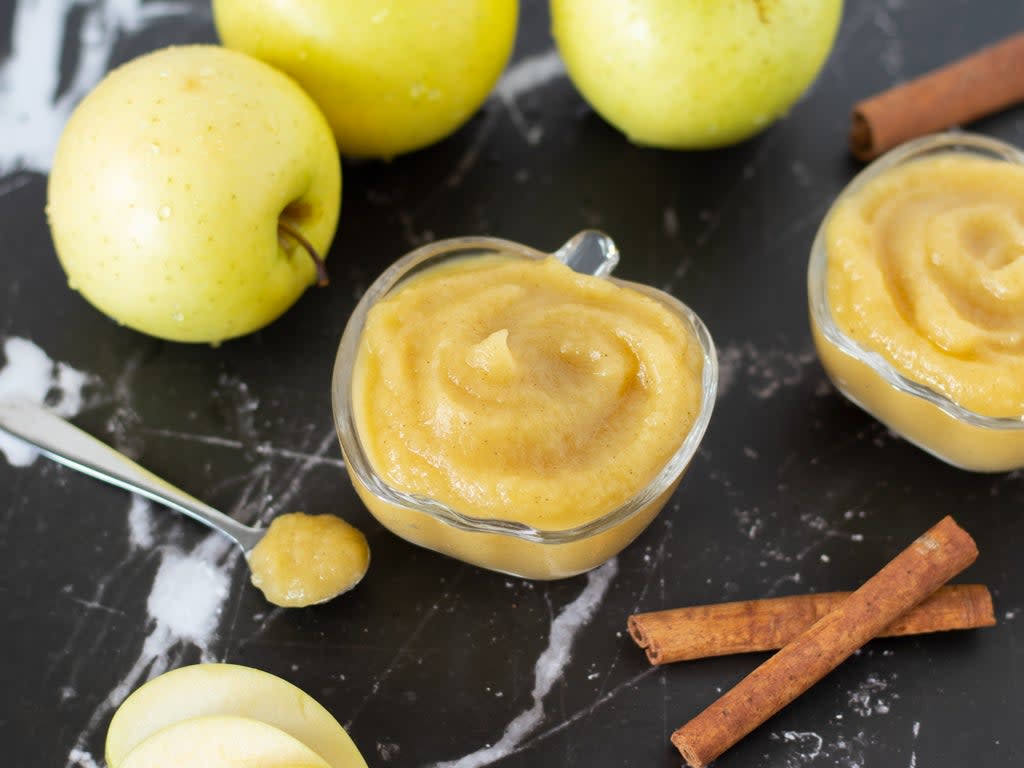Promotional claims on baby food can mislead parents, say researchers

Promotional claims on baby food products can be “misleading” and might “confuse” parents, academics have said.
This is due to “healthy halo” promotional messaging on baby food packs, which can give the impression products are healthier than they really are.
One example is the inclusion of the label “vegetable tastes” to indicate a higher proportion of fruit, which are naturally more sugary.
Similarly, claims of “no added sugar” may make parents think the products are free from sugar.
In reality promoting baby foods which have a high amount of sugar could be “detrimental” as food preferences are often formed in early life.
Researchers from the University of Glasgow said that current UK legislation does not specifically regulate promotional messages used on commercial baby foods (CBFs) so they wanted to “understand the extent to which the baby food industry uses promotional claims on CBFs sold in the UK”.
Their study, published in the Archives of Disease in Childhood, found that more than 6,200 promotional claims were made across the products including marketing messages, composition and nutrient detail and health claims.
They found that each baby food product has an average of nine promotional claims, with one having 17 promotional claims on a single pack.
The researchers wrote: “Promotional claims on CBF packaging are extensively used which could mislead parents.”
For example, on products aimed at parents of babies aged four months and older, one phrase often included said “the government advises that you don’t need to wean your little one until they are six months. Every baby is different!”
72 per cent of products deemed to be snacks had promotional messages about baby-led weaning on them.
The authors of the report wrote: “The ferocious use of marketing claims on CBFs reported here is in agreement with a WHO (World Health Organisation) report concluding the marketing of CBFs to be common and pervasive.
“This is concerning since the availability of highly processed baby snacks is a rising trend and we found that dry foods (fingers foods and cereals) have a high number of health claims.
“Dry finger foods are given as snacks, however snacking is not recommended in this age group.
“Thus, the promotion of snacking habits as early as 6-12 months should be restricted because of negative implications for obesity.”
Meanwhile the term ‘organic’ is used regularly and could influence parental trust, they added.
The authors wrote: “Promotional claims on CBF packaging are extensively used and, for the most part, unregulated. CBFs are promoted using ‘healthy halo’ connotations that might confuse parents.
“Regulations on their use should be implemented to avoid inappropriate marketing.”
The study was based on 724 baby products sold in Asda, Lidl, Tesco, Aldi, Sainsburys, Waitrose, Morrisons and Amazon, between June and September 2020.

